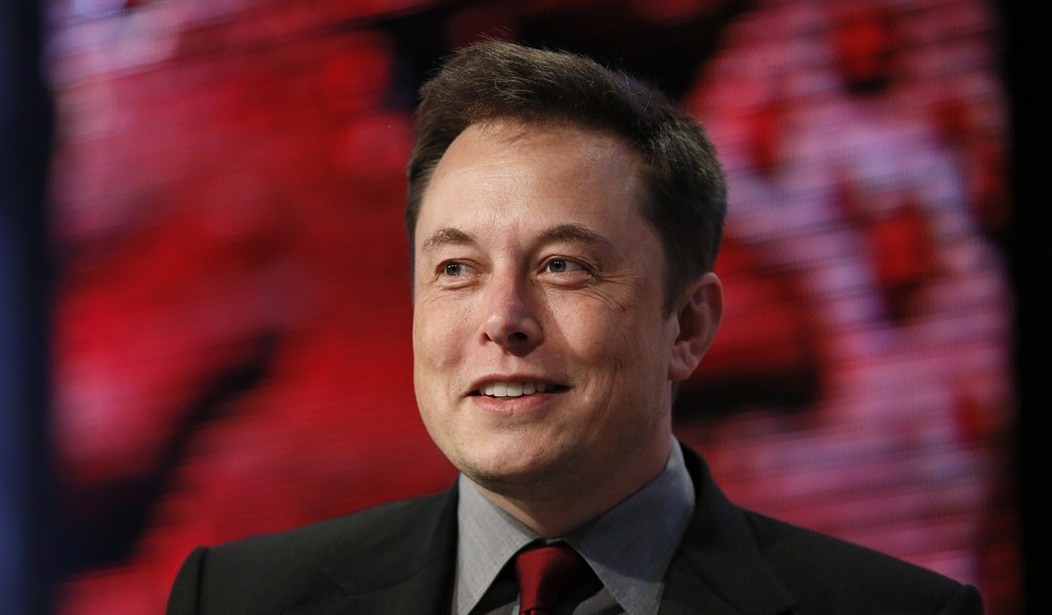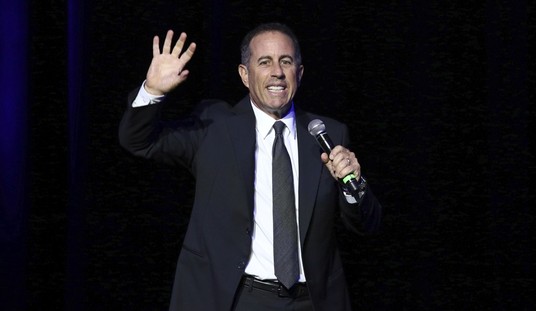Elon Musk’s neurotechnology company, Neuralink, was granted U.S. Food and Drug Administration (FDA) approval to test its device in humans, according to an announcement posted to Twitter on Thursday. The company has not provided specifics on an anticipated study and regulators have not confirmed or denied the approval, which has not yet been listed on the government’s clinical trials database. However, FDA Press Officer, Carly Kempler said in an email that she “acknowledges and understands” that Neuralink had made the announcement.
Neuralink is one of many companies developing brain-technology interfaces linking the nervous system to computers with the goal of overcoming brain disorders, injuries, vision impairment, and other applications.
Congratulations Neuralink team! https://t.co/AWZGf33UDr
— Elon Musk (@elonmusk) May 26, 2023
Timeline
In December, Musk announced that his Neuralink team was in the process of seeking approval from regulators to test the device.
Since 2019, Musk has made four separate predictions about Neuralink initiating human trials, Despite being founded in 2016, Neuralink did not approach the FDA for approval until early 2022.
- In July 2019, Musk said that Neuralink’s goal was to secure regulatory approval for human trials of brain implants by the end of 2020.
- In February 2021, Musk tweeted about Neuralink’s efforts and expecting trials later in the year, writing:
Neuralink is working super hard to ensure implant safety & is in close communication with the FDA. If things go well, we might be able to do initial human trials later this year.
- In April of 2022, during an interview with Chris Anderson, the head of TED, Musk said that the company aspirationally aims to get regulatory approval to “…do the first human implant this year.”
- In November 2022, at Neuralink’s “Show-and-Tell,” Musk said that he expects anticipated the device being implanted in humans within six months and emphasized his confidence in its safety by stating his willingness to have his own children use it. Musk tweeted:
We are now confident that the Neuralink device is ready for humans, so timing is a function of working through the FDA approval process.
Earlier this month, the FDA rejected Neuralink’s request to conduct a clinical trial, citing safety concerns. The FDA’s concerns were reported to be about the lithium battery, the possibility of wiring migrating to another part of the brain, and if the device could be surgically removed without damaging brain tissue. The recent green light indicates that Neuralink has satisfied the department’s previous apprehensions.
Technology
The device is the size of a large coin and is designed to be implanted into the skull and connect ultra-thin wires directly to the brain. Musk has revealed that the early applications in humans will focus on restoring vision and assisting those with limited muscular control and function to use electronic devices more efficiently. In the future, he hopes to bridge brain signals to Neuralink technology in the spinal cord, to aid those with neck and spine injuries.
After watching Musk’s presentation last year, Rajesh Rao, co-director of the Center for Neurotechnology at the University of Washington, commented that Neuralink may not be ahead of other companies designing similar technologies in brain-computer interface development, but that its hardware advancements set it apart from the crowded field.
Last year, in a publication of Nature, scientists at the Swiss research center NeuroRestore identified a type of neuron activated by electrical stimulation of the spinal cord, resulting in nine patients with chronic spinal cord injuries gaining the ability to walk again. Clinicaltrials.gov indicates that there are more than 30 ongoing trials of brain-computer and spinal cord interfaces.
Future Applications
With Musk’s ambitious vision for the technology and ability to navigate regulatory oversight in industries such as electric cars and space rockets, Neuralink boasts an estimated worth of more than $1 billion, well above competitors in the space.
Skepticism about the company’s long-term ambitions and visionary applications of the interface have emerged among regulators and biotech peers, based on Musk’s public statements imagining the future. Musk envisioned treating conditions like obesity, autism, depression, or schizophrenia, as well as enabling activities like web surfing and telepathy. Ultimately, Musk believes that the implants will transform humans into cyborgs, equipping them to counter the threat posed by non-human artificial intelligence. During a company event in 2020, Musk elaborated on the potential capabilities of Neuralink, suggesting that individuals would have the ability to store and replay memories, saying:
You’ll be able to save and replay memories…. The future is going to be weird.
The Neuralink interface is categorized as an “investigational device” and clinical trials are necessary to gather data on safety and efficacy. Neuralink clarified on Thursday that is not recruiting participants for the study at this time, but would provide further details soon.
Federal Investigations
The approval follows a federal probe launched last year concerning the company’s treatment of animals. The Department of Agriculture’s (USDA) Inspector General initiated an investigation in response to a request from a federal prosecutor. The inquiry is centered around potential violations of the Animal Welfare Act, a regulatory framework for the treatment and testing of animals by researchers.
Representatives Adam Schiff and Earl Francis Blumenauer, both Democrats, wrote a letter to the USDA Inspector General earlier this month, calling for an investigation into the composition of the oversight panel at Neuralink. They raised concerns about potential conflicts of interest among employees responsible for oversight, suggesting that mishandling of animal testing may have occurred due to their personal motivations to benefit from the long-sought FDA approval.
Separately, the Department of Transportation has been investigating since February whether Neuralink transported dangerous pathogens on chips removed from monkey brains, without proper containment protocols.
While Neuralink has faced both criticism and setbacks, securing regulatory approval for clinical trials in humans advances its mission to revolutionize brain-computer interfaces with the intention of helping people.













Join the conversation as a VIP Member